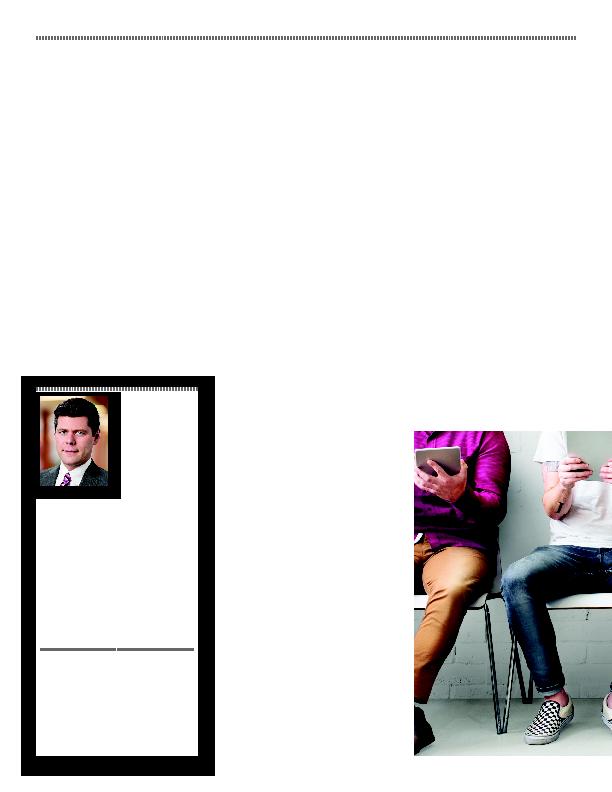
millennials descended on the Bahamian
Island of Great Exuma to attend a three-
day concert event known as the Fyre
Festival. Paying upwards of $12,000
a ticket, concertgoers were promised
an ultra-glamorous, highly-exclusive
Coachella alternative that was to include
"first-class culinary experiences and
a luxury atmosphere," along with
performances by G.O.O.D. Music, Major
Lazer, Migos and more. What they got
disaster relief tents and feral dogs.
Not surprisingly, a flurry of lawsuits
against the festival's promoters promptly
followed--six at last count--each
seeking millions of dollars in damages.
Interestingly, in addition to the
promoters, one of these lawsuits also
takes aim at a number of unnamed Doe
defendants for allegedly engaging in
unfair trade practices by endorsing the
event on social media without disclosing
their financial interest.
This allegation springs from the
almost exclusive reliance by the festival's
promoters on social media influencers
to market the event. The promoters
paid these celebrity influencers, or
"Fyre Starters," as they were called
in the festival's leaked pitch deck,
including models Kendell Jenner,
Emily Ratajkowski and Hailey Baldwin,
hefty sums for their Instagram stamp
of approval. (Jenner, in particular,
reportedly received $250,000 in
exchange for a single promotional
Instagram post.) In virtually no case,
however, did these influencers disclose
that they had been paid.
As the above lawsuit indicates,
by failing to disclose their financial
interest, these influencers likely ran
directly afoul of the Federal Trade
Commission (FTC). According to the
FTC's Endorsement Guides, anytime
there is a "material connection" between
a person endorsing a product and the
advertiser, "that connection should be
clearly and conspicuously disclosed,
unless it is already clear from the context
connection," in turn, is defined by the
FTC to include "a business or family
relationship, monetary payment or the
gift of a free product."
Rampant non-compliance with the
FTC's Endorsement Guides is nothing
new. Indeed, just one month prior to
the ill-fated Fyre Festival, the FTC sent
letters to 90 celebrities and social media
influencers concerning this very issue.
While the specifics of each letter varied,
the FTC's basic message was the same:
Anyone using their fame to promote
products must disclose a "material
connection" between the endorser and
the product's marketer.
Glusker. His practice focuses primarily on
entertainment and intellectual property related
matters, and includes the representation of
such clients as Warren Beatty, Uma Thurman
and E! Entertainment. He also represented
Shelly Sterling as the lead associate in the $2
billion sale of the Los Angeles Clippers to Steve
Ballmer, which stands to date as the largest
sale of a sports franchise in history.
1900 Avenue of the Stars, 21
greenbergglusker.com